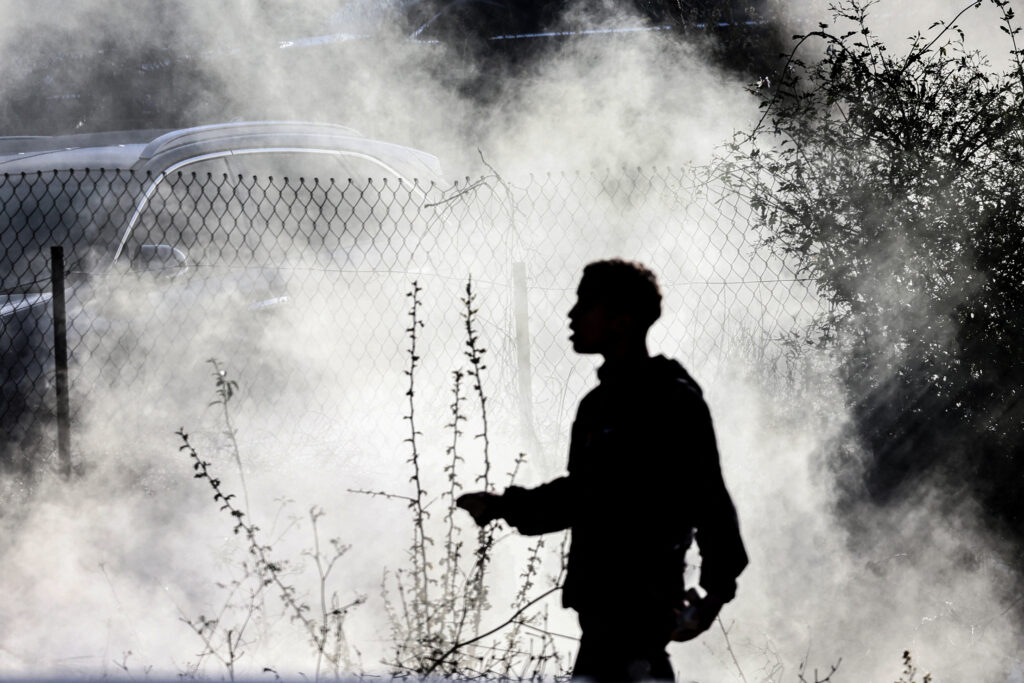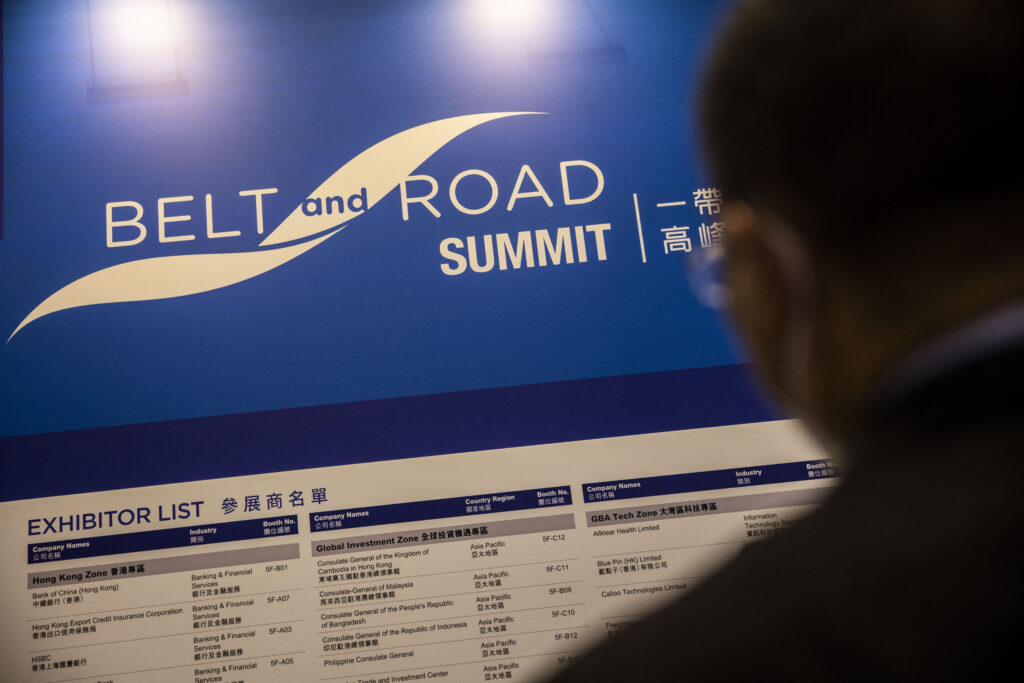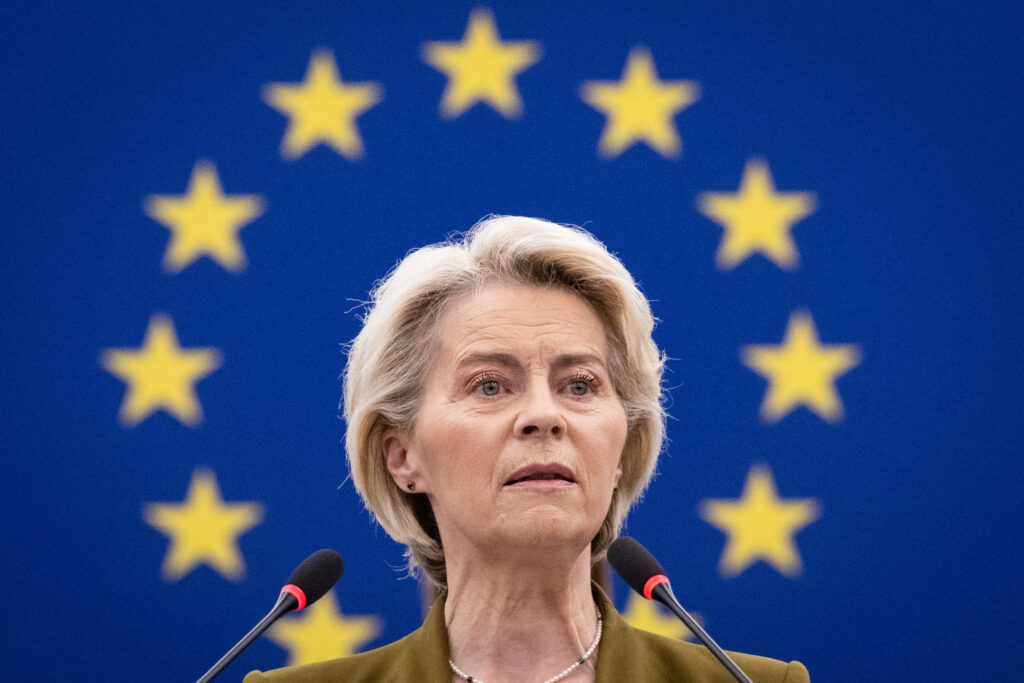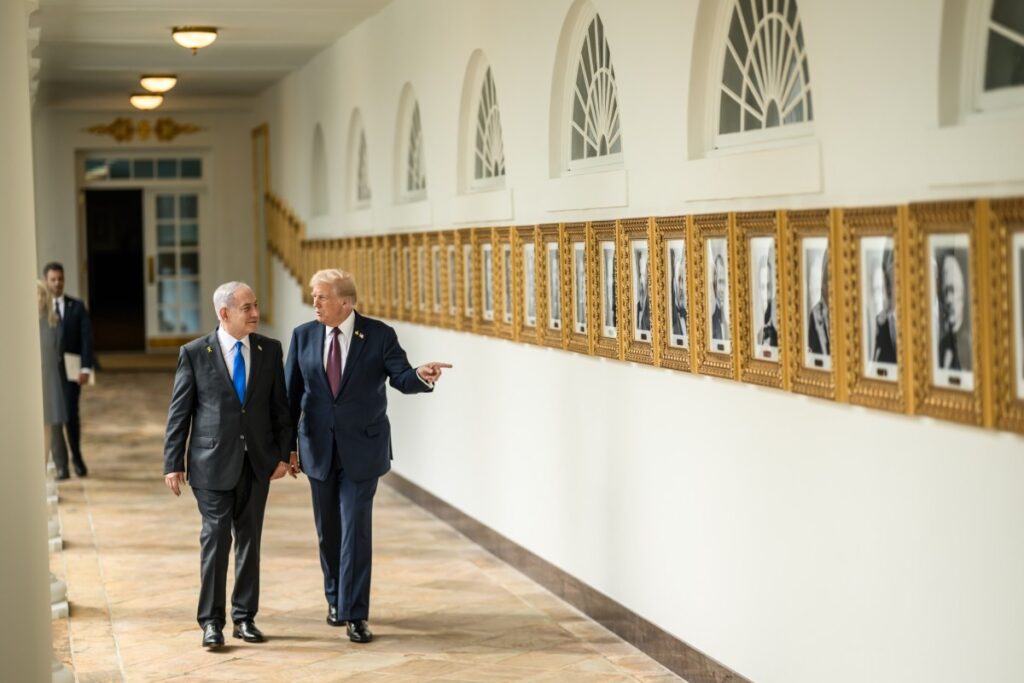By Jeremy Kingsley
On the business pages of newspapers across the globe one may have spotted reports over the past few months of a looming legal and diplomatic battle between the airlines of the Gulf States (Emirates, Etihad, and Qatar Airways) and the three largest American airlines (United Airlines, American Airlines, and Delta). This dispute raises questions for the over 100 ‘Open Skies’ agreements that the United States has so far signed internationally. If these agreements are changed, transnational air travel and commerce will be significantly affected.
This quarrel comes at the tail end of several decades of aviation industry liberalization. In late 2001 and early 2002, the United States and the Gulf States entered into air transport access treaties that have become commonly known as Open Skies agreements.[2] These were drafted using boiler plate (standard form) documents designed to deregulate international air transport allowing only minimal government interference (see Article 11).[3] This means, for instance, that access to flight routes and airports have been opened, doing away with long, protracted, and complicated negotiations on these topics. The impact of these bilateral agreements has been pivotal to the Gulf States’ plans, particularly Dubai, which have focused on economic development through becoming logistical hubs. This has involved the Gulf States building major infrastructure such as ports and airports. If these agreements were to become void, or be seriously amended, then these changes could put all the agreements at risk and potentially place sharp restrictions on access for Gulf airlines to the important American market. The new environment that Open Skies allowed has produced major new airline players, such as Emirates, creating new options for travel. There would also be practical consequences of the dismantling or restructuring of these agreements for economic development in the Gulf region, such as a sharp diminution of the value of their infrastructure investments.
So what is all the controversy about? In early 2015, after the American carriers commissioned a forensic audit of their Gulf rivals,[4] the findings alleged that the Gulf airlines have received approximately $US42.3 billion in ‘quantifiable subsidies.'[5] The allegations contend that the Gulf airlines have contravened the terms of the Open Skies agreements by having received unfair commercial advantage; therefore breaching the ‘fair competition’ provisions (see Article 11). The resolution of disputes under these treaties at first instance are to be dealt with through government-to-government negotiations and then if these discussions are unsuccessful, an ad hoc international arbitration panel can be convened (Article 14). One of the interesting elements of this conflict that has largely been ignored is the potentially pivotal role that international commercial arbitration[6] may have on shaping the resolution of the dispute and consequently, the contours of globalization through re-defining how transnational commerce will operate.[7] This article considers the legal aspects of these tensions and the larger business and economic consequences of a potential arbitration.
The events so far
‘These guys are out to take us down’ they’re dealing with the wrong people”
Tim Clarke, President and Chief Executive Officer, Emirates Airlines.[8]
These fighting words from the Emirates supremo are in response to attempts by the major US airline players to revise or jettison the Open Skies agreements. In seeking to obtain redress for the alleged breaches of the agreements, representatives of these American Airlines have met with the US Department of Transportation and the Office of the US Trade Representative.[9]
This skirmish has so far received limited official support from US government agencies, and the option of formal government-to-government negotiations on these concerns or the initiation of arbitral proceedings has not yet been instigated. This is despite American government officials stating that they were investigating the concerns of the airlines several months ago.[10] Analysts feel that the Obama administration is not keen to move fast, or at all, on these issues.[11]To assume, however, that this position will remain may be unwise, with Republican presidential candidates, such as Donald Trump, speaking of wholesale re-negotiation of international agreements that do not favour the United States.
With all this said, any analysis of this dispute should be cognisant of the complex composition of the combatants. It is not simply American airlines versus their Gulf rivals. For instance, four American carriers (Fedex, JetBlue, Atlas Air and Hawaiian Airlines) have actively supported the positions of their Gulf colleagues. They have created a coalition called ‘U.S Airlines for the Open Skies Coalition’ and have urged the Obama administration against any renegotiation of the Open Skies arrangements.[12]
What is a subsidy?
The dispute centres on allegations that Gulf carriers have received over $US42 billion in subsidies. The American airlines have alleged that the instruments for these subsidies, which vary to a degree between the three Gulf carriers, are the government’s assumption of losses associated with fuel hedging, interest-free loans from their sole or main shareholder (local/national governments), government-guaranteed loans, access to free land, airport revenues/subsidies and bans on the operation of unions.[13]
There is an array of responses from the Gulf airlines to these claims. Key to their counter arguments is that the claims make presumptions about the administration of the Gulf States and their business practices rather than providing solid evidence. An example of their arguments is that the American allegations assume the rationales prompting the behaviour of an airline’s majority or sole shareholder, i.e. the various Gulf governments, are implicitly inappropriate and anti-competitive. However, just because something may have an outward appearance of being a subsidy does not mean that it is. The Gulf carriers have indicated that the behaviour of the relevant governments or their intermediaries, even in related-party transactions, are genuine commercial acts.[14] Their counsel could legitimately argue that the dominant shareholders, whether state actors, or intermediaries, are simply loss-leading. They are priming their investments through allowing short term losses in order to obtain longer term reward ‘ a legitimate business strategy. Essentially, the argument states that it is a reasonable commercial strategy to allow, for instance, Qatar Airlines to have a line of credit to finance its expansion even if these particular loans may not be repaid, as long as this allows the relevant government entity or intermediary to ensure a long-term sustainable return on their overall investment in the airline.
In relation to other allegations of inappropriate business practices, Etihad, for instance, has countered that they deal with all employees fairly and respectfully, and therefore their labour practices are wholly appropriate. They believe that unionization, or otherwise, does not affect this assertion.[15] According to this argument, unionization should be seen as just one means of protecting employees and in any case it is not implicitly part of the Open Skies agreements. The lawyer representing the interests of Gulf carriers could argue that assuming the unionization of airline employees is a political rather than legal matter.
Beyond merely defending their business practices, the Gulf carriers have argued that in fact the accusations ring hollow. The three American airlines have their own questionable business practices, they assert. Most pointedly, the Gulf airlines have argued that their American competitors have all benefited from US bankruptcy laws that allowed them to shed debt and cut operating costs in order to continue flying.[16] Once again, there is a strong counter argument to this position. The lawyers for the American interests could argue that bankruptcy laws are an important way of navigating credit and liquidity problems in complex commercial environments, and are therefore not properly categorized as a state-sanctioned subsidy.
What is at stake?
‘We strongly support Open Skies, which has brought great benefits to U.S. travelers, U.S. airlines and the U.S. economy. What we are seeking is to restore a genuine Open Skies with respect to Qatar and the UAE.’
‘Partnership for Open and Fair Skies’
(Umbrella group for American Airlines, Delta and United Airlines).[17]
Bilateral agreements and transnational dispute resolution may not make front page news but millions of travellers will be directly affected by the way in which these issue are resolved. Whether the Gulf airlines’ business plans are sustainable in the longer term is difficult to speculate. One thing is clear, that these businesses are getting under the skin of some of their American rivals. However, the strategy that the American protagonists are adopting is not necessarily productive. Rather than attacking the Open Skies arrangements, the large American airlines should seek to push their local, state and federal governments to increase infrastructure expenditure at major American airports and provide tax concessions for hub airports. This would arguably be more effective than a protracted legal and political dispute.
The arguments levelled against the participants in this dispute represent legitimately different ways of doing business. The transnational nature of the Open Skies arrangements and the arbitration that may follow from it cross not only national divides but business, social, and political boundaries. The legal arguments that could be made by both parties will presumably reflect different ways of doing business, nurturing commercial relationships, and structuring political authority. The outcome of this dispute will potentially re-shape the contours of globalization as developing countries seek to enter and engage with transnational commerce.
Jeremy Kingsley is a legal scholar and anthropologist. He received his BA and LLB from Deakin University and his LLM and PhD degrees in Law from the University of Melbourne. His research has focused primarily upon religious and political authority in Indonesia and how this affects local governance. He is now looking at similar notions of authority in the context of the interconnections between Southeast Asia and the Middle East. He has completed a two-year Postdoctoral Research Fellowship at the Asia Research Institute at NUS, as well as having lectured at Tembusu College. Jeremy has undertaken extensive field research on the eastern Indonesian island of Lombok and more recently in Morocco and the United Arab Emirates. His work has been published in academic and public affairs journals. At MEI, he is undertaking a research project on ‘Interpreting Justice’Islam, Law and Politics in Southeast Asia and the Middle East’. Emerging out of this research is Jeremy’s new project – ‘Transnational Corporate Lawyers in Southeast Asia and the Middle East.’ This is the first publication connected to this new project.
[1]Research assistance for this ‘Middle East Update’ was provided by Nurshafiqah Sapiee and Daswani Deepika Sushil.
[2]Air Transport Agreement Between the Government of the United States of America and the Government of Qatar, 3 October 2001 & Air Transport Agreement Between the Government of the United States of America and the Government of the United Arab Emirates, 11 March 2002.
[3]All provisions noted in this article are provisions from: Air Transport Agreement Between the Government of the United States of America and the Government of Qatar, 3 October 2001. As these treaties are based on standard form documents these articles reflect what exists in other Open Skies agreements.
[4] Susan Carey and Rory Jones, ‘US Airlines Claim to Document Subsidies at Gulf Rivals,’ The Wall Street Journal, April 20, 2015. http://www.wsj.com/articles/u-s-airlines-claim-to-document-subsidies-at-gulf-rivals-1429573165.
[5] Susan Carey, ‘Big U.S. Airlines Fault Persian Gulf Carriers,’ The Wall Street Journal, January 5, 2015, accessed January 25, 2015, http://www.wsj.com/articles/big-u-s-airlines-fault-persian-gulf-carriers-1423159003.
[6] International commercial arbitration is ‘a private system of adjudication. Parties who arbitrate have decided to resolve their disputes outside any judicial system.’ Margaret L. Moses, The Principle and Practice of International Commercial Arbitration (2nd Edition) (Cambridge: Cambridge University Press, 2012), p.1.
[7] See Yves Dezalay and Bryant G. Garth, Dealing in Virtue: International Commercial Arbitration and the Construction of a Transnational Legal Order (Chicago: The University of Chicago Press, 1996).
[8] ‘Emirates’ Clark talks 787 & A350, fires broadside on US Open Skies dispute,’ Sky Writer Aviation, June 8,2015, accessed January 25, 2015, http://www.skywriteraviation.aero/2015/06/08/emirates-clark-talks-787-a350-fires-broadside-on-us-open-skies-dispute/
[9] Susan Carey, ‘Big U.S. Airlines Fault Persian Gulf Carriers,’ The Wall Street Journal, January 5, 2015, accessed January 25, 2015,http://www.wsj.com/articles/big-u-s-airlines-fault-persian-gulf-carriers-1423159003.
[10] Jad Mouawad, ‘Open-Skies Agreements Challenged’, New York Times, 6 February 2015, http://www.nytimes.com/2015/02/07/business/us-airlines-challenge-open-skies-agreements.html?_r=2
[11] Jad Mouawad, ‘Gulf Carriers Strike Back at US Campaign to Re-Examine Open Skies Agreements’, New York Times, March 17, 2015, accessed January 25, 2015, http://www.nytimes.com/2015/03/18/business/international/gulf-carriers-strike-back-at-us-campaign-to-re-examine-open-skies-agreements.html?_r=0
[12] Jeffrey Dastin, ‘New Airline Group Backs Gulf Carriers in Open Skies Dispute,’ Reuters, August 3 2015, accessed January 25, 2016, http://www.reuters.com/article/2015/08/03/us-airlines-competition-idUSKCN0Q826O20150803.
[13] PowerPoint Presentation prepared by American Airlines, Delta and United Airlines ‘ ‘Restoring Open Skies: Addressing Subsidized Competition from State-Owned Airlines from Qatar and the United Arab Emirates,’ January 2015, accessed January 25, 2016 http://travelskills.com/wp-content/uploads/2015/03/Presentation.pdf.
[14]’Emirates’ response to claims raised about state-owned airlines in Qatar and the United Arab Emirates,’ June 29, 2015, accessed January 25, 2015, http://content.emirates.com/downloads/ek/pdfs/openskies_rebuttal/EK_Response_Main.pdf.
[15]’Keep the Skies Open, says Etihad Airways chief,’ Etihad Airways, June 2, 2015, accessed January 25, 2016, http://www.etihad.com/en-us/about-us/etihad-news/archive/2015/keep-the-skies-open-says-etihad-airways-chief/.
[16]Mary Schlangenstein and Michael Sasso, ‘Emirates Counters US Airlines’ Persian Gulf Complaints,’ Bloomberg, February 10, 2015, accessed January 25, 2015,http://www.bloomberg.com/news/articles/2015-02-09/u-s-airline-criticism-of-gulf-carriers-spurs-emirates-backlash.
[17] ‘Partnership for Open and Fair Skies’ has a website that outlines the key arguments against the Gulf airlines and explains their campaign objectives. See: http://www.openandfairskies.com/, accessed December 21, 2015.





